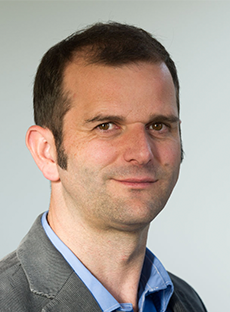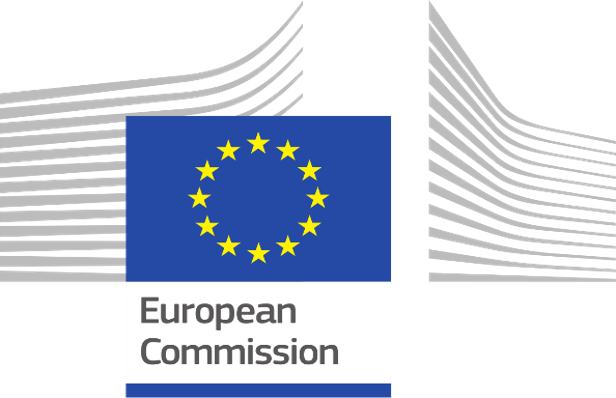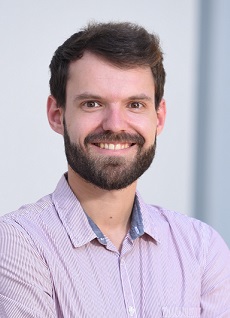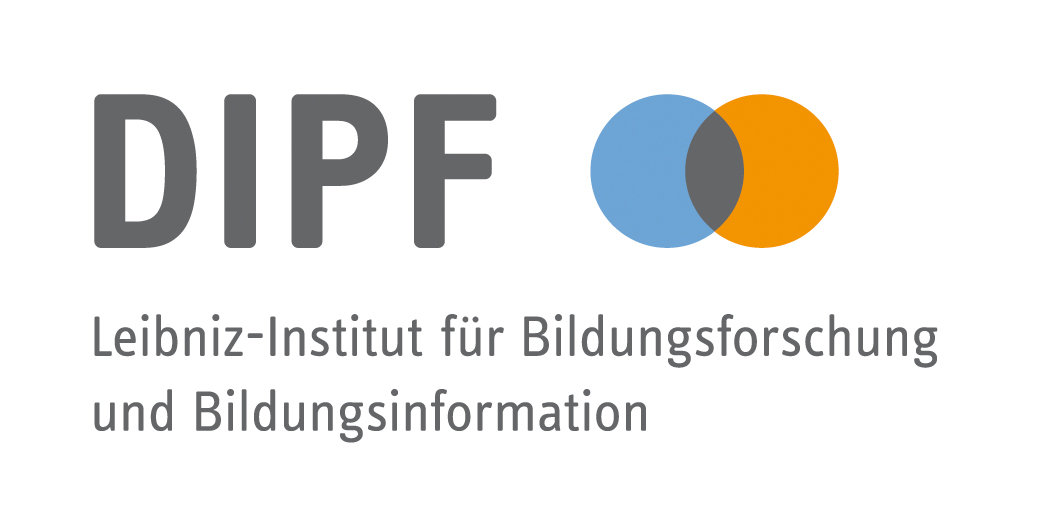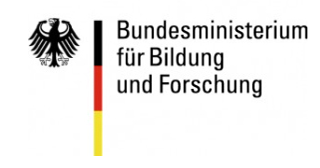REMIT (Remote Monitoring and Intervention for Optimized Care of Post- and Long-COVID Syndrome) LONG-COVID-BMG-034
- contact:
Matthias Limberger-Toischer
- project group:
Mental mHealth Lab / Applied Psychology
- funding:
BMG (LONG-COVID-BMG-034)
- status:
ongoing
- startdate:
November 2024
- enddate:
December 2028
There are currently no clinically established solutions for the diagnosis and treatment of long COVID or post-COVID, so-called post-COVID conditions (PCC). This uncertainty represents a further burden of disease for those affected, in addition to the sometimes extremely stressful symptoms. As part of the REMIT project, mobile devices (smartphones) are to be used in various clinical environments to record physiological, behavioral and subjective complaints. In addition, fitness trackers will be used to collect reliable data from PCC patients in a low-threshold, secure and data protection-compliant manner.
Advanced methods will be used to analyze the data with the aim of uncovering characteristic symptoms and disease progression in order to develop diagnostic criteria for PCC. A central approach here is to provide individual feedback to those affected, which in turn is continuously integrated into the optimization of the application. The next step is to provide digital interventions to promote health in real life in order to test and verify their effectiveness.
An adaptive post-COVID app is being developed that will also provide users with personalized feedback on their state of health. Furthermore, individually tailored tips and suggestions for health-promoting behavior are to be provided. The effectiveness of the feedback provided by the app is being investigated. In addition to the use of smartphones to collect and provide feedback on well-being data, wearable fitness trackers will also be used to collect data such as exercise, sleep quality and quantity and other physiological data. This data is to be used for a more precise diagnosis. Due to the sensitivity of the data collected, the focus will always be on data protection and security when developing and using the app.
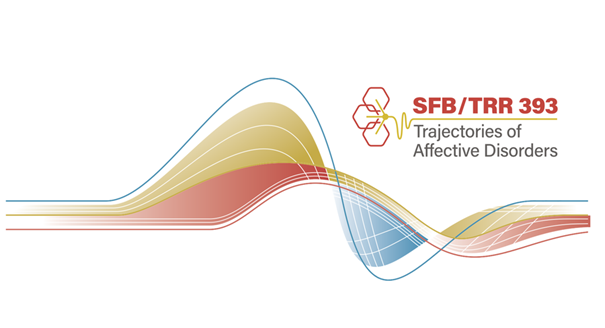
CRC 393 „Trajectories of Affective Disorders: Cognitive-emotional mechanisms of symptom change“
- contact:
Prof. Dr. Ulrich Ebner-Priemer
- funding:
DFG
- status:
First funding period
- startdate:
July 2024
- enddate:
June 2028
Affective disorders (AD; i.e. major depression and bipolar disorder) are frequently occurring, severe and often chronic mental illnesses. The courses are very different and the causes of relapses are unknown, but would be crucial to improve treatment. The aim of our initiative is to characterize relapses and remissions in AD, to identify cognitive-emotional mechanisms and neurobiological correlates of symptom changes and to develop mechanism-based therapies. The innovative potential of our consortium is based on: (i) the continuous monitoring of 1.500 participants over 24 months using mobile technology to track symptom changes, behavior, cognitive-emotional states and environmental stressors in everyday life, (ii) the modeling of complex, dynamic systems and machine learning will enable the data integration of cognitive-emotional mechanisms, (iii) based on these mechanisms and individual risk profiles, we will realize new therapeutic interventions. Further information can be found here.
We will provide cutting-edge mobile research infrastructures and time-based designs combining long-term monitoring, end-of-day diaries, intense e-diaries, mobile sensing, and adaptive assessments to monitor manic and depressive symptomatology, severe life events, altered expectation, and social interaction over 24 months in 1.500 participants. We will run real-time analyses on the acquired data and develop and adapt algorithms to automatically screen for inflection signals on manic and depressive symptomatology, as well as on severe life events and expectations. To limit patient burden and bolster compliance, we will use adaptive sampling strategies, real-time monitoring of compliance, and unobtrusive sensing. All data will be sent via encrypted transmission to secure servers. The data acquisition will be made compliant with the General Data Protection Regulation of the European Union. The mobile infrastructure will be based on components that have been developed in our own prior work, funded by DFG (TRR 265; Graduate School 2739), BMBF (BipoLife), and EU Horizon 2020/Horizon Europe, achieving excellent usability, psychometric properties, and compliance even in long-term assessments. Finally, we will provide extensive training for all clinical sites, as well as ongoing support and troubleshooting.
Academic Staff
Lisa-Marie Hartnagel

+49 721 608 - 47543
Lisa-Marie Wadle∂kit edu
Academic Staff
Dr. Tobias Kockler

+49 721 608 - 41976
Tobias Kockler∂kit edu
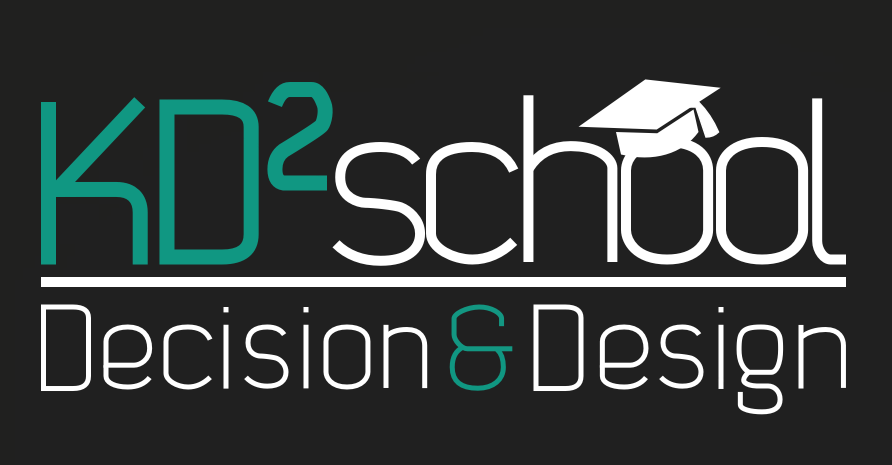
KD2School Decision & Design
- contact:
Lisa-Marie Hartnagel
- project group:
Mental mHealth Lab / KD2School
- funding:
DFG
- status:
ongoing
- startdate:
2021
- enddate:
2027
With its main focus on the design of adaptive, IT-based systems for supporting economic decision-making in dynamically changing contexts the research program of KD²School covers six areas at the intersection of humans, IT-technology, and economic institutions:
Fundamentals of Cognitive Systems & Neurosciences, Individuals' Decisions in Everyday Activities, Team Decisions in Work Environments, Group Decisions in Online Participation, Boundaries of Adaptation & Addiction Potentials, Linked Laboratory Infrastructures.
As a publicly sponsored and neutrally coordinated program, the KD²School opens up a research field that is at present primarily “investigated” with profit-oriented or political goals.
Economic decisions in business and in everyday life are increasingly supported by IT-based systems. As a result, these systems effectively operate as “cast in code” institutions and processes, and their design influences decision makers’ interactions and behaviors. The interplay between economic decision making and system design is at the core of the KD²School as it lays the foundations for the transformation of static systems into dynamic, adaptive systems.
Generally speaking, all decision-making is inherently embedded in a dynamically changing context comprising of personal (e.g., stress), task-related (e.g., complexity), and environmental factors (e.g., incentives). The key challenge then is to utilize this data and design economic institutions and their IT realizations to dynamically adapt to the context of a decision situation with the goal of improving decisions and/or reducing effort without loss of decision quality.
Academic Staff
Lisa-Marie Hartnagel

+49 721 608 - 47543
Lisa-Marie Wadle∂kit edu
Principal Investigator
Prof. Dr. Ulrich Ebner-Priemer

+49 721 608 - 44600
Ulrich Ebner-Priemer∂kit edu
Psych-STRATA - A Stratified Treatment Algorithm in Psychiatry: A program on stratified pharmacogenomics in severe mental illness
- contact:
Dr. Tobias Kockler, PhD
- funding:
EU Horizon Europe
- status:
ongoing
- startdate:
2022
- enddate:
2027
The aim of the project is to identify patients at risk for pharmacological treatment resistance at an early stage and to be able to improve their treatment. For this purpose, the efficacy of early intensive pharmacological treatment strategies will be evaluated in patients with schizophrenia, those with bipolar disorders, and those with major depressive disorders who did not respond to first-line treatment. We contribute to the study by collecting digital biomarkers, i.e., a combination of digital phenotyping and electronic diaries, over a sampling period of 42 days. For this first time, we will assess voice recordings that allow for paralinguistic and voice-feature analyses. We will examine differences and transdiagnostic patterns among the three clinical groups and seek to determine whether digital biomarkers contribute to better prediction of individual treatment response. The data then adds to multimodal machine learning-based biomarker identification with multi-omics as part of a rich collection of genetic, biological, digital, and clinical data.
Principal Investigator
Dr. Tobias Kockler

+49 721 608 - 41976
Tobias.Kockler∂kit.edu
Academic Staff
Prof. Dr. Ulrich Ebner-Priemer

+49721608-44600
Ulrich.Ebner-Priemer∂kit.edu
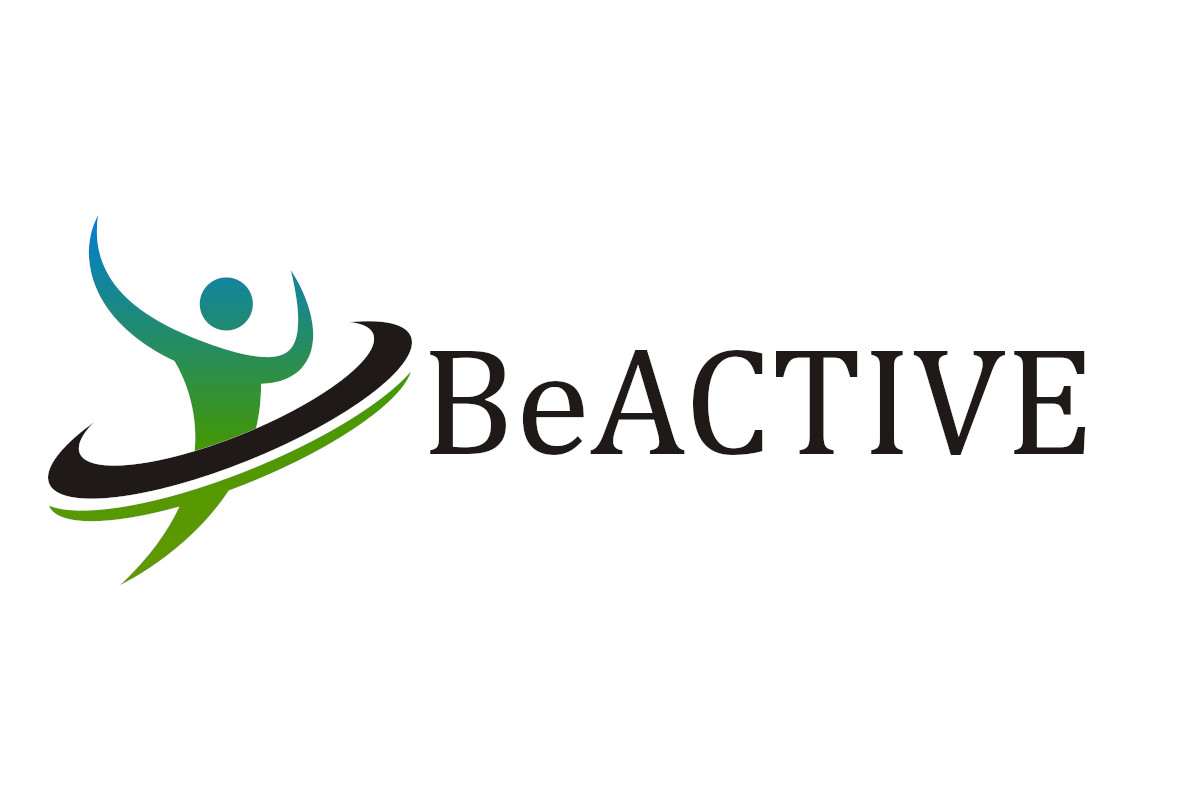
BeACTIVE
- contact:
Dr. Marco Giurgiu
- funding:
BMBF
- status:
ongoing
- startdate:
December 2022
- enddate:
November 2025
Participating institutions:
- Dipl. Ing. Christoph Zimmermann
- FZI Research Center for Information Technology
- Haid-und-Neu-Str. 10-14
- 76131 Karlsruhe
- Telephone: 0721 9654-765
- Telefax: 0721 9654-765
- E-Mail: Christoph Zimmermann ∂does-not-exist.fzi de
The Institute of Sports and Sports Science and the FZI Research Center for Information Technology are working together to address the issue of artificial intelligence and to link it to current methods of measuring everyday physical activity (e.g. acceleration measurement) and to develop new algorithms. In particular, the project focuses on one of the most serious global health problems: Physical inactivity. The World Health Organization sees digital, mobile technologies (e.g. just-in-time adaptive interventions) as the most promising approach to solve this health problem. As yet, the potential of these innovative methods is not being realized because self-learning, real-time systems based on AI are not available due to a lack of data science skills in the health sciences. However, these are essential to ensure that the mobile systems (including accelerometry and electronic diaries) and the recored multimodal data sources not only prompt people to take a break from sitting or to do more physical activity, but do so at individually favorable times in individually favorable environments. A unique database from previous research projects is available for testing, combining and training the AI algorithms.
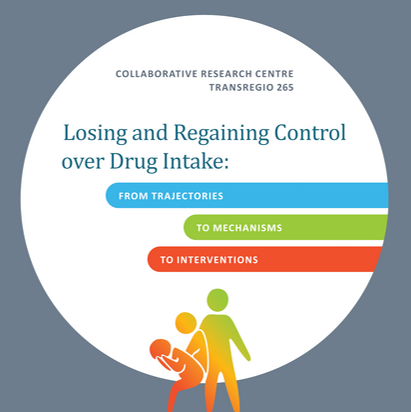
TRR265 „Losing and Regaining Control over Drug Intake“
- contact:
Prof. Dr. Ulrich Ebner-Priemer
- funding:
DFG (German Research Foundation)
- status:
Second Funding Period
- startdate:
July 2019
- enddate:
June 2027
A mobile assessment infrastructure for longitudinal assessment (A01) with phases of high-frequency sampling (A04) is being developed and implemented. movisensXS, as the central platform, enables the collection of electronic diary items, tracking of smartphone usage, and the coupling of additional sensors for physical activity and heart rate variability. Encrypted data transfer to secure servers is performed in accordance with GDPR. Compliance and phase transitions are calculated in real-time. Hardware and software interfaces ensure the integration of additional apps (A02) and sensors (A03). Training measures and continuous support complement the work program.
Academic Staff
Dr. Tobias Kockler

+49 721 608 - 41976
Tobias Kockler∂kit edu

Experimentelle Manipulation im Alltag: Anwendung eines intraindividuellen Designs zur kausalen Überprüfung von bewegungsbezogenen Unterbrechungen des sedentären Verhaltens auf affektive und kognitive Parameter
- contact:
Dr. Marco Giurgiu
- project group:
Mental mHealth Lab / Lehrstuhl für Angewandte Psychologie
- funding:
DFG
- status:
Laufend
- startdate:
01.05.2022
- enddate:
30.04.2025
Term
Mai 2022 - April 2025
Participating institutions
Prof. Dr. Ulrich Ebner-Priemer
Karlsruhe Institute of Technology
Department of Sport and Sport Science, Chair of Applied Psychology
Prof. Dr. Florian Schmiedek
Leibniz-Institut für Bildungsforschung und Bildungsinformation
Bildung und Entwicklung
Dr. Andreas Neubauer
Leibniz-Institut für Bildungsforschung und Bildungsinformation
Bildung und Entwicklung.
Sedentary behavior is associated with mental and physical disorders. To better understand temporary determinants and consequences of sedentary breaks, cognitive and affect-related parameters in particular should be investigated on an intraindividual level using Ambulatory Assessment (AA) methodology. Central questions of this project aim to investigate, using a newly developed within-person encouragement design (WPED), the causal effect of sedentary breaks on the parameters of affective states and working memory in everyday life.
Principal Investigator
Irina Timm
+49 721 608 - 41973
Irina.Timm∂kit.edu
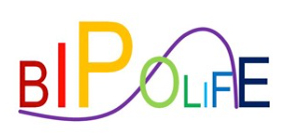
Bipolife A3 - Smartphone-based ambulatory assessment of early warning signs, including personalized real-time data-driven therapeutic interventions, in the long-term treatment of bipolar disorders. A randomized controlled trial.
- contact:
Dr. Holger Hill
- funding:
Federal Ministry of Education and Research
- status:
ongoing
- startdate:
2017
- enddate:
2022
Bipolar disorders are severe chronic illnesses marked by recurrent episodes of depression and (hypo-)mania. Prevention is essential since these episodes are associated with marked impairment in social and occupational functioning. We conduct a randomized, multi-center, observer-blind, parallel group controlled trial with an 18-month intervention phase to investigate whether early warning signs of new depressive or (hypo-)manic episodes and individual threshold-based early interventions will prolong time to a new mood episode. In details, we continuously assess telephone usage (phone calls, text messages and internet usage), movement behavior (steps, movement patterns and activity classes) as well as location (GPS-data) across 18 months. Individual symptom thresholds are defined during 4 consecutive weeks of stabilization. Patients with randomization criteria enter the intervention phase for 18 months. This includes real-time data capturing and data-driven individual symptom-threshold-defined therapeutic interventions in addition to state-of-the-art maintenance treatment.
Principal Investigator
PD Dr. Holger Hill
+49 721 608 - 41974
Holger.Hill∂kit.edu
Academic Staff
Prof. Dr. Ulrich Ebner-Priemer

+49721608-44600
Ulrich.Ebner-Priemer∂kit.edu

Using everyday life audio signals to estimate affective states
- contact:
Lisa-Marie Hartnagel
- project group:
Mental mHealth Lab / KD2School
- funding:
DFG
- status:
ongoing
- startdate:
2021
- enddate:
2024
Progress in mobile technology in recent years enables studying processes in daily life, using digital phenotyping, smartphone technology and wearables. The focus of this project is affect, one of the most central determinants of adaptive systems. Leveraging recent developments from affective computing, we will extract sentiment and voice features of spoken language from daily life assessments as input for adaptive systems. We will partly focus on mental health populations to achieve maximum differences in experienced affect in everyday life.
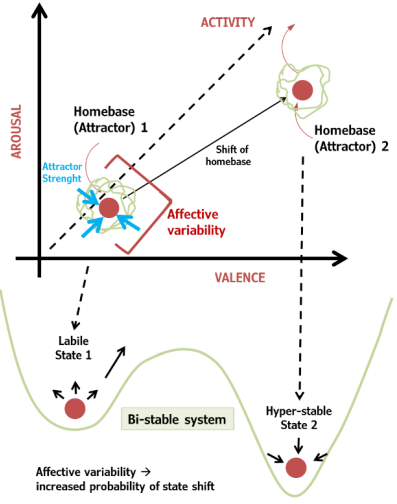
Dynamics of Affect Modulation in Neurodevelopmental Disorders - DynaMoND
- contact:
Dr. Tobias Kockler
- funding:
ERA-NET NEURON
- status:
ongoing
- startdate:
01.06.2022
- enddate:
31.05.2025
In this multicenter study, we examine high- and low-frequency mood changes with ambulatory assessment (AA) in young patients suffering from bipolar disorder, borderline personality disorder, and ADHD at five different study sites. Over one year, next to e-diaries, we use digital phenotyping to gain better insight into people's behavior, such as activity or communication behavior. To analyze patterns of affective dynamics, we extend the DynAffect model, which proposes a person-specific affective homebase reflecting an organism’s main affective state, by proposing a second (or third, respectively) affective homebase during depressive (or manic) episodes. Moreover, we will examine the impact of stress, sleep, and polygenic risk scores on the parameters of the Modified DynAffect model.
Term
- 36 months
Participating institutions
- Prof. Dr. Andreas Reif, Department of Psychiatry, Psychosomatic Medicine and Psychotherapy, Goethe University Frankfurt
- Prof. Dr. J. Antoni Ramos-Quiroga, Vall d’Hebron Research Institute, Barcelona
- Prof. Dr. Giovanni de Girolamo, IRCCS Istituto Centro San Giovanni di Dio Fatebenefratelli, Brescia
- Prof. Dr. Jan Haavik, University of Bergen; Prof. Dr. Nader Perroud, University Hospitals of Geneva

Principal Investigator
Dr. Tobias Kockler

+49 721 608 - 41976
Tobias.Kockler∂kit.edu
Academic Staff
Prof. Dr. Ulrich Ebner-Priemer

+49721608-44600
Ulrich.Ebner-Priemer∂kit.edu

EMPOWERYOU - Erfassung von Mobbing- und Viktimisierungserfahrungen und sozialen Informationsverarbeitungsprozessen bei Kindern und Jugendlichen in Pflegefamilien
- contact:
Dr. Marco Giurgiu
- project group:
Mental mHealth Lab / Applied Psychologie
- funding:
Federal Ministry of Education and Research
- status:
Laufend
- startdate:
2019
- enddate:
2023
The overall aim of the consortium EMPOWERYOU is to support foster and adoption families as well as children and adolescents in care to better cope with the history of early traumatic experiences and to empower them against the risk of future victimization. The subproject supported by the mental mHealth will investigate the dynamic interactions between revictimization experiences and social information processing in the everyday lives of affected children and adolescents. The methodology of ambulatory assessment via smartphones is intended to enable insights into these dynamic interactions.
Foster care and adoption services provide services to children who have been maltreated or whose parents cannot provide adequate care for them. However, it has been shown that the majority of these children have not only already experienced the devastating impact of neglect and abuse in the past but continue to be at increased risk of different types of subsequent victimization. EMPOWERYOU aims to (1) investigate factors contributing to (re-)victimization experiences in youth in care; (2) develop innovative methods to assess victimization experiences and altered social information processing; (3) co-design two tailored prevention packages using a participative approach; test the efficacy of (4) a multifactorial Internet-based prevention program for primary caregivers of children aged 8 to 13 years and of (5) an Internet-based prevention program to reduce the risk of (re-)victimization in youth in care, aged 14 to 21 years. Risk and protective factors for re-victimization will be tested in the adolescents’daily life by web-based and ecological momentary assessments. Based on these findings, two Internet-based prevention programs will be designed using consensus-based approaches integrating input from all sources of expertise, including the participants themselves, and their efficacy will be evaluated.
Principal Investigator
Dr. Marco Giurgiu
+49 721 608 - 41974
Marco.Giurgiu∂kit.edu
Academic Staff
Prof. Dr. Ulrich Ebner-Priemer

+49721608-44600
Ulrich.Ebner-Priemer∂kit.edu
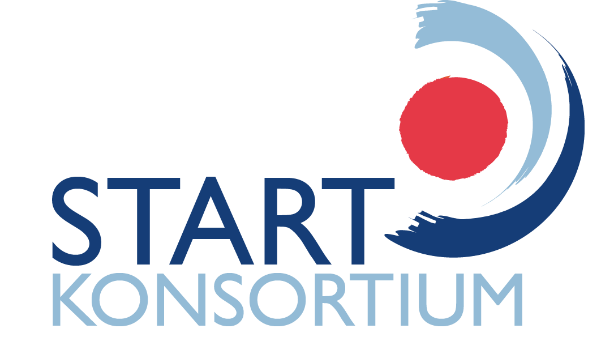
START(Stress-Traumasymptoms-Arousal-Regulation-Treatment) Konsortium: A1, A2
- contact:
Dipl.-Psych. Susanne Koudela-Hamila
- funding:
BMBF
- status:
ongoing
START A1: A randomized, waitlist controlled, multicentric study to evaluate the START - Intervention for adolescent refugees with posttraumatic stress disorder.

Posttraumatic stress disorder is highly prevalent in refugees, but to date, only a few have access to therapeutic support in Germany. The project evaluates a group training to stabilize traumatized adolescent refugees. We are complementing the evaluation using a one-week smartphone assessment before and three times after the intervention to assess the effects and possible consistency of the impact of the training in everyday life of the patients. Furthermore, we are interested in getting insight into the psychosocial processes, notably the reciprocal effects of stress, trauma symptoms, social conflicts, social support, discrimination, and emotions besides others.
START A2: A mentalization-based preventive intervention for childcare workers working with traumatized refugee toddlers.

The study evaluates a mentalization-based prevention program for childcare workers, focusing on the process of transition of toddlers to childcare. We are again complementing the evaluation of the program with an a-diary assessment, which will be implemented one working week before the intervention and one working week after. We are especially interested in potential differences in the mentalization of childcare workers regarding the cultural background of their interaction partner. Furthermore, we want to analyze the impact of the mentalization program regarding emotions, self-efficiency, and perceived stress of the childcare workers during interactions with parents or children, to prove the effectiveness of the training.
Principal Investigator
Dr. Susanne Koudela-Hamila
+49721608-41976
Susanne.Koudela∂kit.edu
Academic Staff
Prof. Dr. Ulrich Ebner-Priemer

+49721608-44600
Ulrich.Ebner-Priemer∂kit.edu
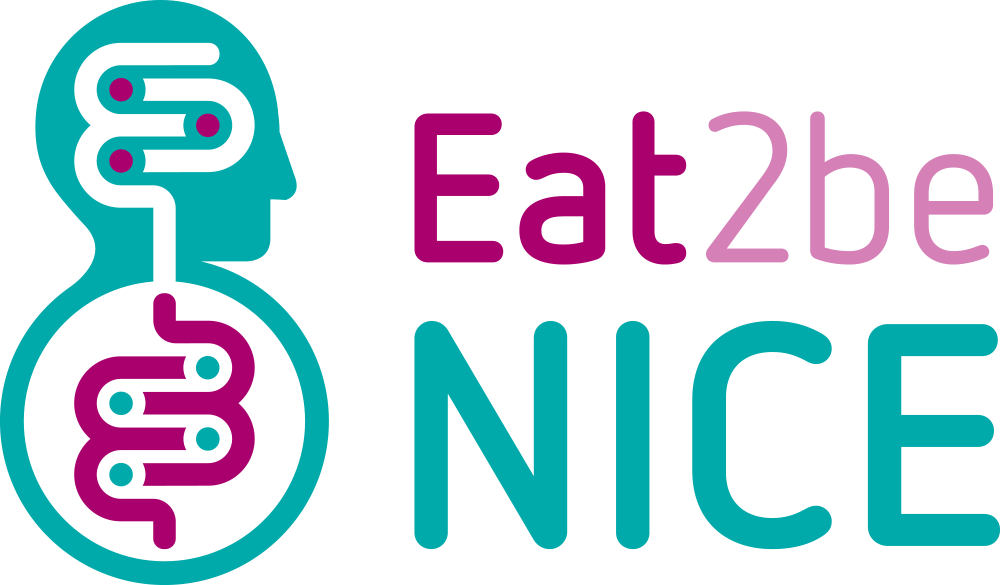
Eat2beNICE - Effects of Nutrition and Lifestyle on Impulsive, Compulsive, and Externalizing behaviors
- contact:
Elena Koch, Sportwissenschaftlerin (M.A.)
- project group:
Mental mHealth Lab / Applied Psychologie
- funding:
This project has received funding from the European Union’s Horizon 2020 research and innovation programme under grant agreement No 728018.
- status:
ongoing
- startdate:
01.09.2017
- enddate:
01.09.2022
Term
- September 2017 - September 2022
Participating institutions
-
Prof. Dr. Ulrich Ebner-Priemer
Karlsruhe Institute of Technology
Department of Sport and Sport Science, Chair of Applied Psychology -
Prof. Andreas Reif
Klinikum der Johann Wolfgang Goethe Universität Frankfurt/Main
Psychosomatic Medicine and Psychotherapy -
Dr. Silke Matura
Klinikum der Johann Wolfgang Goethe Universität Frankfurt/Main
Psychosomatic Medicine and Psychotherapy

To investigate whether physical activity interacts with dietary patterns to modify impulsive and compulsive disorders and behaviours, we further developed the mHealth device that has been set up for the CoCA-project. Therefore, we engineer an mHealth tool by implementing more measures on impulsive and compulsive behaviours, food intake, physical activity and circadian rhythms. Furthermore, we combine subjective ratings of impulsivity with neurophsycological measures of impulsivity realized by cognitive tasks at the smartphone. The study is part of the EU-funded project “Effects of Nutrition and Lifestyle on Impulsive, Compulsive, and Externalizing behaviors” (Eat2beNICE) integrating epidemiological, genetic and experimental studies as well as clinical trials to investigate the effect of dietary patterns on mental illnesses. For further information please have a look at the project’s website: http://newbrainnutrition.com.
Principal Investigator
Elena Koch (PhD candidate)
+49721608-47543
Elena.Koch∂kit.edu
Academic Staff
Melina Bopp (B.A. Sport Science)
melina.bopp9∂kit.edu
Academic Staff
Clara Hausmann (B.Sc. Psychology)
clara.hausmann9∂kit.edu
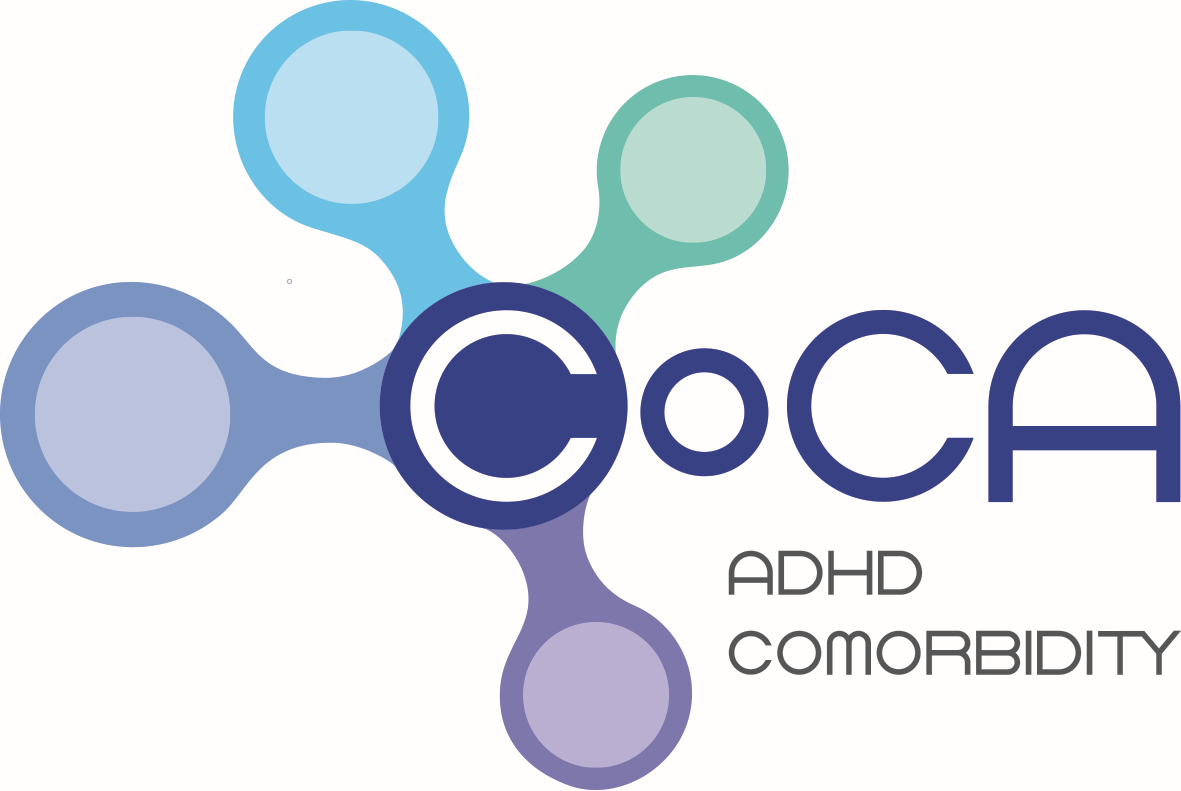
CoCA PROUD - Pilot randomized-controlled phase IIa trial on prevention of comorbid depression and obesity in ADHD
- contact:
Elena Koch, Sportwissenschaftlerin (M.A.)
- project group:
Mental mHealth Lab / Lehrstuhl für Angewandte Psychologie
- funding:
This project has received funding from the European Union’s Horizon 2020 research and innovation programme under grant agreement No 667302.
- status:
laufend
- startdate:
01.01.2016
- enddate:
01.06.2021
Term
- Januar 2016 - Juni 2021
Participating institutions and partners
-
Prof. Dr. Ulrich Ebner-Priemer
Karlsruhe Institute of Technology
Department of Sport and Sport Science, Chair of Applied Psychology -
Prof. Jonna Kuntsi
King’s College London
Institute of Psychiatry, Psychology and Neuroscience -
Prof. Andreas Reif
Klinikum der Johann Wolfgang Goethe Universität Frankfurt/Main
Psychosomatic Medicine and Psychotherapy -
Prof. Christine Freitag
University Hospital of Frankfurt/Main
Department of Child and Adolescent Psychiatry, Psychosomatics and Psychotherapy -
Prof. Josep Antoni Ramos-Quiroga
Hospital Universitari Vall d‘Hebron
Department of Psychiatry -
Prof. Jan Buitelaar
Donders Institute for Brain, Cognition and Behaviour
Departments of Human Genetics, Psychiatry and Cognitive Neuroscience

As a part of the EU-funded research project Comorbid Conditions of ADHD (CoCA) we are studying the effectiveness of non-pharmacological interventions, which promise to alleviate some core symptoms of ADHD and it’s comorbidities in a sample of ADHD-diagnosed patients and healthy controls. We therefore developed the mHealthApp, enabling us to raise a multitude of physio- and psychometric data in an ambulatory setting. Participants keep a eDiary, by fulfilling repeated questionnaires on the smartphone four times a day. The diary comprises questions to check for the current mood, social context as well as the presence of positive and negative events, occurring in participants’ daily life. The activity sensor records measurement signals including 3D-accelerometry, light situation and gyroscopy, making it possible to calculate a large number of secondary parameters, such as energy expenditure, amout of steps or sleep duration. The sports- and light-therapies tested within are led by the mHealthApp through triggers, instructional videos and daily feedback.
Principal Investigator
Elena Koch (PhD candidate)
+49721608-47543
Elena.Koch∂kit.edu
Academic Staff
Melina Bopp (B.A. Sport Science)
melina.bopp9∂kit.edu
Academic Staff
Clara Hausmann (B.Sc. Psychology)
clara.hausmann9∂kit.edu

